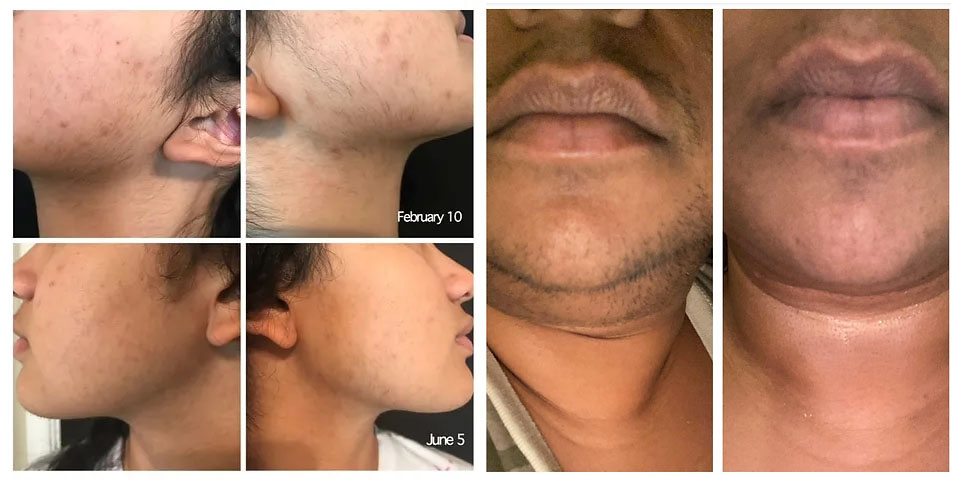As we hit the two-year marker of the Covid-19 pandemic, it is vital to take inventory on the methods its impacted us. We might have spent extra time horizontal watching Netflix, studying, considering the state of the world, even.
We might have had extra lie-ins or early nights, particularly throughout the quite a few lockdowns we have endured. However does this imply our sleep patterns are wholesome? In truth, many have reported their desires have turn out to be extra vivid and intense, and this may be disconcerting.
The truth that we’re all at the moment holed up at residence, apprehensive about our well being, households and funds at a time of such uncertainty is a significant component for our intense desires. Sleeping deeper and having vivid desires could possibly be a coping mechanism for the nervousness that comes with dwelling by a pandemic, in line with Silentnight‘s sleep professional Dr Nerina Ramlakhan.
“The way in which we’re dwelling in the intervening time is massively affecting how we sleep,” she says. “We sleep effectively when our life is effectively. Our deepest fears and anxieties are one thing we won’t conceal away from in our sleep, the shadow aspect comes up rather a lot in our desires and that is exemplified throughout this time as we’re in unprecedented occasions.”
This may clarify why we’re waking up feeling drained and groggy, regardless of an evening of dreaming. “Vivid desires can imply there’s numerous deep emotional work and therapeutic occurring, and might depart us feeling extra drained within the morning. Extra dreaming means extra REM sleep which might imply much less deep sleep,” Dr Ramlakhan says.
Dreaming is a vital job our physique carries out, and the pandemic is making it tougher to do it effectively. “We dream for various causes – to course of the data of the day, to make sense of emotional upsets, trauma and stress and to course of our creativity. The dream course of helps us to organise recollections, consolidate studying and make sense of life.”
And the way would we go about making sense of the final two years, in any case? Dr Ramlakhan stresses that our waking hours of coping with the isolation, information cycles, concern and grief will certainly be impacting how we sleep. “Each thought, each behaviour and each selection that we make within the day impacts what occurs when our head hits the pillow at evening time,” she says.
“Energetic vibrations of the day are carried into your sleep, reverberating inside you and holding you awake or jolting you into sudden heart-thudding wakefulness. They’ll slide deeper into sleep, creating tales of nightmares and evening terrors, or overworking muscle groups and waking you drenched and chilly with evening sweats.”
So what can we do to get extra deep sleep and fewer evening terrors? Dr Ramlakhan has some suggestions for tackling this drawback because the pandemic continues, together with the significance of checking in with your self.
“Don’t be afraid of your desires,” she says. “Maintain a journal and write down how you’re feeling about your dream and the way you’re feeling proper now. Look into meditation strategies and do that throughout the day and earlier than you fall asleep at evening. The extra we may give ourselves time to do that throughout the day, the extra doubtless we may have a clear and deep sleep at evening.
“Having a daily meditation or mindfulness observe also can assist with dream recall and calming the nervous system so desires are much less ‘noisy’ and upsetting. Dream recall will get higher should you begin listening to them, write them down, or say the dream out loud to your self straight after you might have it.”
Good luck with taking management of these desires, you’ve got bought this.


